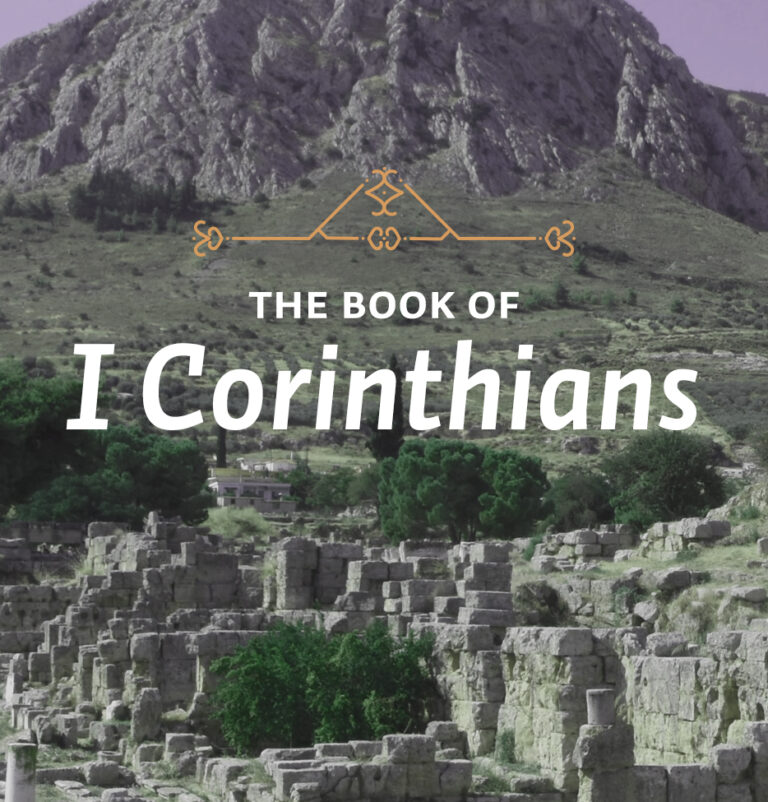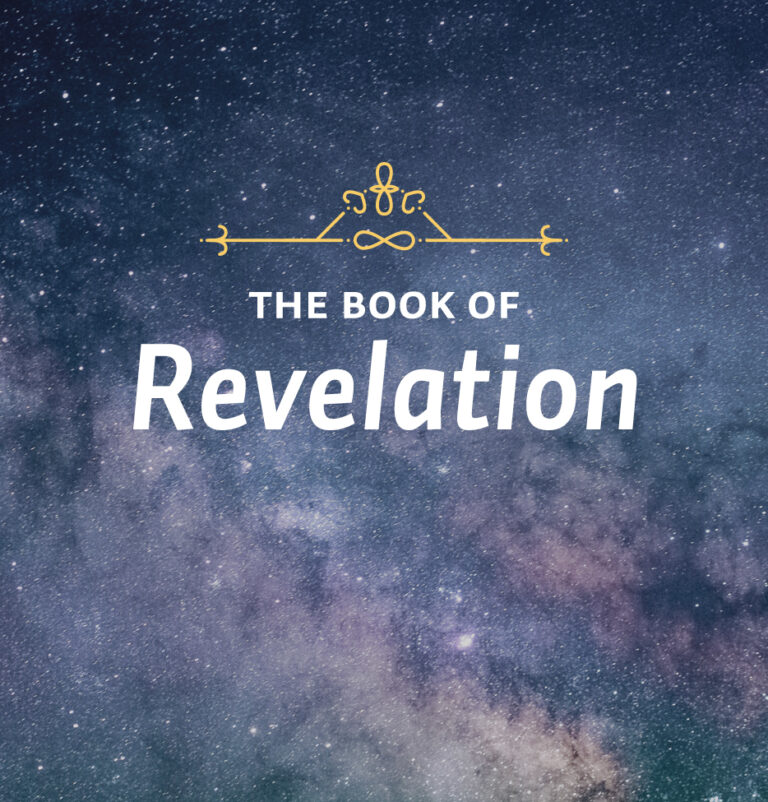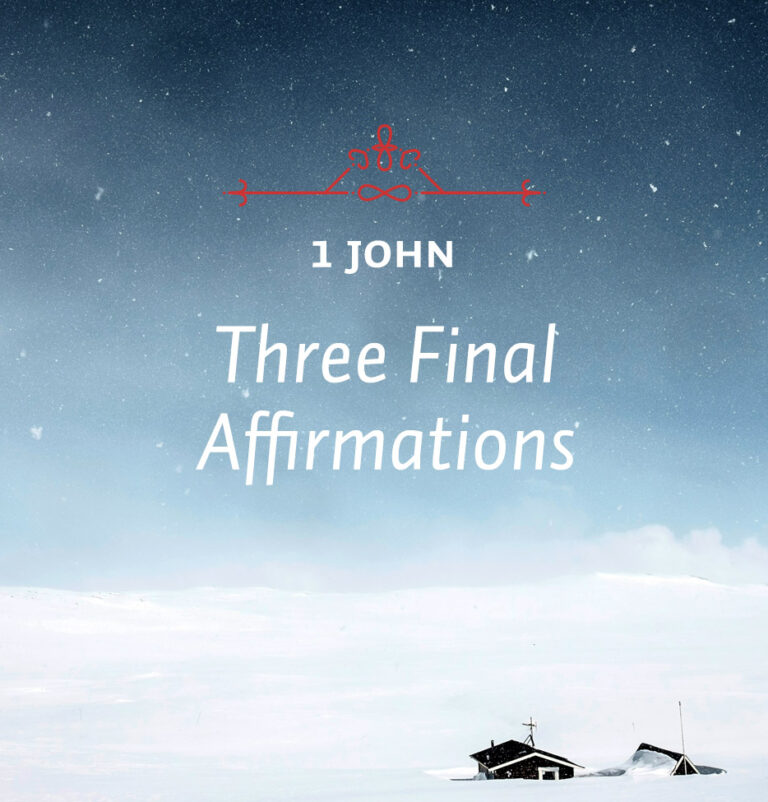
Deep Things of God – Part One
“But God because of the great love he has for us has made us alive in Christ.” Those are Paul’s words as they are written in the second chapter of Ephesians (v. 4). In this verse, and in many others like it, there is a great contrast highlighted in the words “but God.” Those two words also occur in the fifth chapter of Romans. There, Paul says that for the love of a good man, someone might be bold enough to die.





